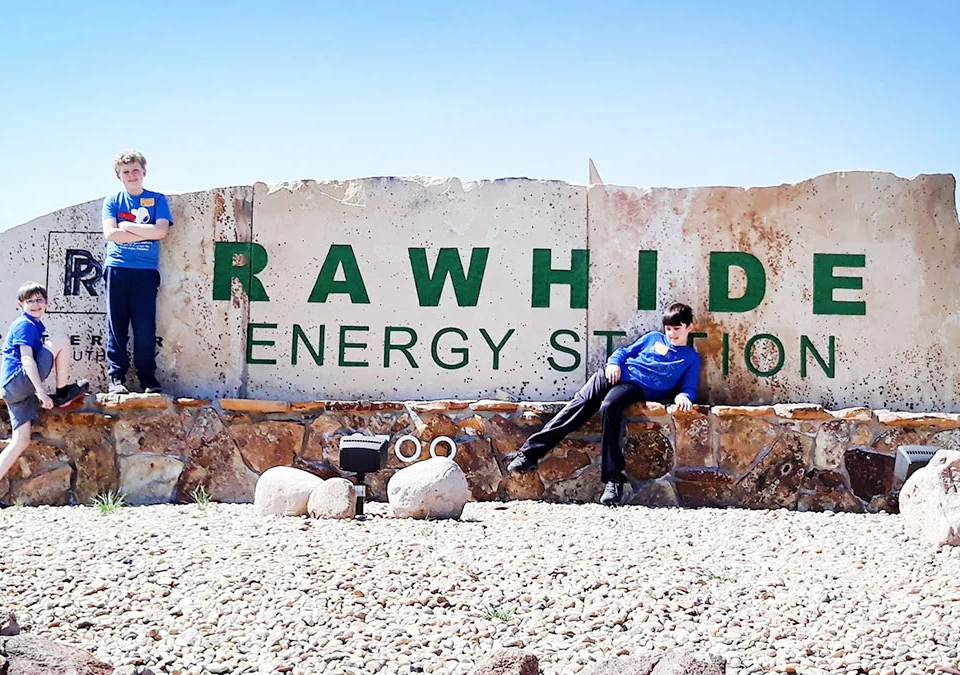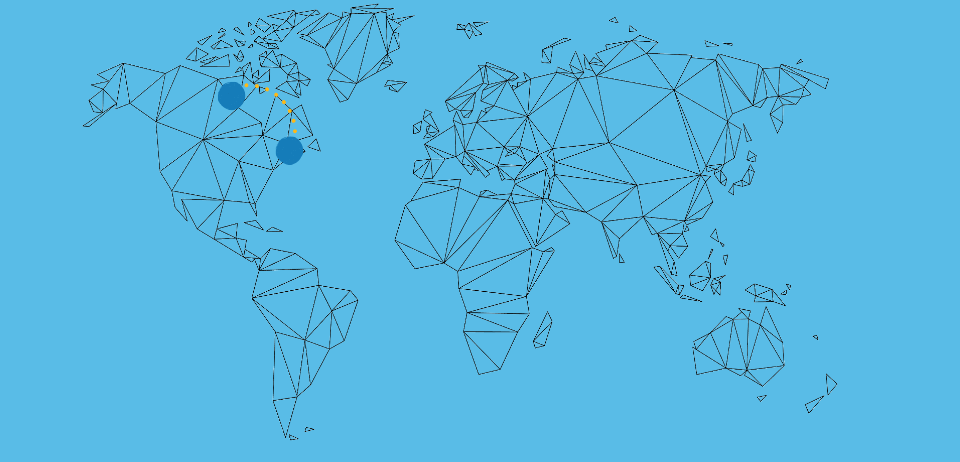Already a member? Log in to the Member Site at members.mastery.org.
How Do We Change How the World Evaluates High School Students?
October 6, 2020Communicating the Value of Place and Project-Based Learning: A Look at Verdi EcoSchool
November 19, 2020College Admissions: Moving From Transactional to Transformational


With a career dedicated to creating more welcoming, healthy and engaging learning environments, Edgar Montes was drawn to Mastery Transcript Consortium (MTC) because he could see the potential it had to benefit both students and schools.
“MTC embodies many of the positive changes I’ve spent my career trying to affect on the educational landscape,” says Montes. “Students spend so much time curating their experiences to present a vision of what post-secondary schools value rather than using that time to discover their passions and talents. This mindset actually limits learning opportunities for students and turns their education into a transactional, rather than transformational, process.”
Montes would like to see more schools and educators embrace the learning philosophies that drive MTC, and it seems that there’s no time better to make this shift than today’s unprecedented learning environment.
“Because of the moment in which we’re living, a lot of schools and colleges are giving themselves some grace and opportunity to reflect on what is most important,” Montes comments. “And because of this environment, a lot of things have had to change and change quickly. I am hoping that there is a true and honest reflection process going on at schools and in the admissions offices of colleges. What adaptations should we be keeping? What standards or processes should be changed or even abandoned? And what should we be looking to adopt?”
With educational experiences adapting and changing daily, creating an even greater inequity in experiences than ever before, traditional methods of measuring and evaluating academic success will likely be found to be lacking. Schools across the country are having to come up with creative solutions for delivery of curriculum, engaging students, and academic assessment. In the meantime, college admissions offices are having to evaluate applicants in new ways as testing is put on hold and learning environments shift dramatically. And while many might see this as an obstacle and disadvantage, Montes sees opportunity in the current state of flux.
“A lot of traction and advancement can happen now because we’re in an environment where we’ve needed to try new things and we’re no longer constrained in some of the ways we have been traditionally,” states Montes. “This is an opportunity for admissions professionals to see gain a better understanding of how they evaluate admissions applications and incoming students. It’s also a chance for schools to focus on what success really looks like and how best to showcase each student's learning and talents.”
And that’s where Montes sees the Mastery Transcript as being a valuable tool for both K-12 and post-secondary institutions to partner in reframing a students’ academic experiences.
For K-12, putting the focus on creating welcoming, healthy and engaging learning environments offers greater opportunities for deeper learning and understanding. By putting the focus on the skills and strengths obtained from their experiences, students are able to explore a broad range of learning opportunities rather than focusing on “getting through” an assignment, test or course, or “checking off the boxes” necessary for graduation or college admissions. It also offers an opportunity for schools to acknowledge the value of experiences had outside the classroom, something that’s needed more than ever today.
“One of the barriers for many students is that they’re not given the time to understand themselves, know themselves, reflect on who they are and what they’re truly able to do,” Montes comments. “Adults need to help guide them to give them the voice and choice that’s so necessary in this process.”
But even the educators tasked with guiding the experiences and education of these young minds don’t always know the best place to start. Early in his career as a rookie in college admissions, Montes could have used a resource to help gain a better understanding of their learning experiences and, more importantly, how and why they hope to expand their knowledge and skills in college.
"College admissions is too often a very complex and overly transactional process. We sometimes don’t talk about the transformational process that needs to happen during the application and admissions process," adds Montes. "Students are taking tests, writing essays, completing applications, but are they also talking about and considering the investment in a college education? What does it really mean to go to college? Why do I want this college? Why this major? The Mastery Transcript offers an excellent starting point for these important discussions for students, educators, and admissions offices."
Montes sees the Mastery Transcript as giving a better sense of how a student is passionate about a particular area or a better fit for a particular post-secondary program. It gets away from the narrow thinking of checking off boxes and works as more of a living resume’ giving a better indication of fit while also increasing the student’s confidence in their skills.
“There’s more to a student’s story than their course load and GPA,” he adds. “It’s my hope that this new reality for our education environment will encourage deeper thinking, knowledge and reflection that goes well beyond the college admissions process.”
About Edgar Montes
Edgar Montes is the Director of Higher Education Engagement for the Mastery Transcript Consortium. Edgar’s professional career has been grounded in an unwavering commitment to provide access, equity, and opportunity to all students, especially students in underserved communities. He has provided leadership, support, and learned from schools, districts, county offices, and state agencies as they work towards transforming their educational systems and practices to better prepare students for success in college, career, and life.
Connect With Us
- Do you work in college admissions, a school, or a related organization and want to learn more? Sign up for our regular MTC updates, and stay connected to the resources, events, and conversations happening at MTC.
- Are you interested in becoming a member of MTC? We’d love to hear from you, and set up an initial conversation. By joining MTC, you can be part of a dynamic network of schools that are leading the way to reimagining high school. Get in touch today with Ben Rein at rein@mastery.org.
- Current MTC members are encouraged to log on to our members-only platform, the MTC Community, for ongoing opportunities and conversations.




